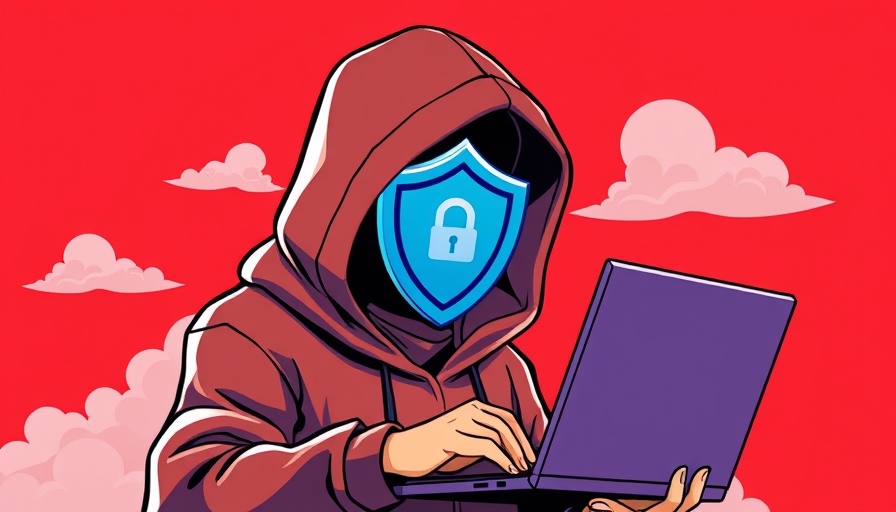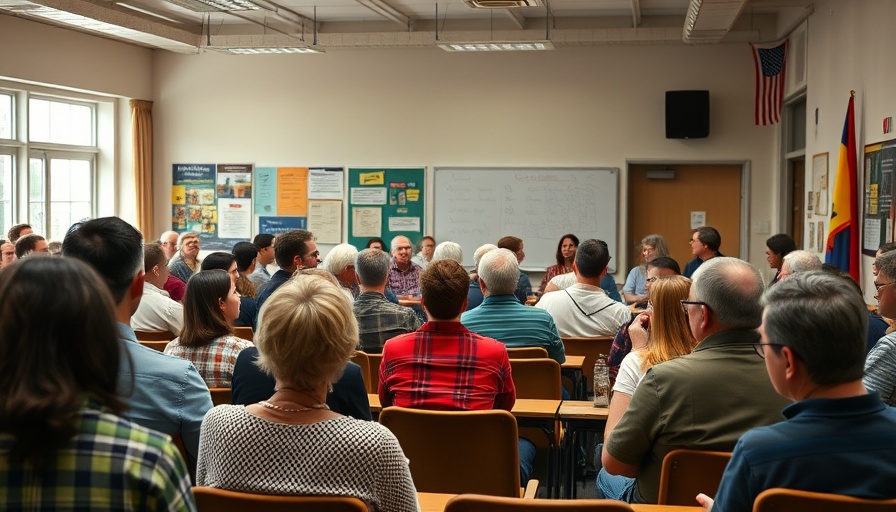
The Implications of the Online Safety Act on Children's Internet Use
In a move that’s igniting heated debates and parental anxieties alike, the Online Safety Act has been implemented, mandating age verification methods to protect children from harmful online content. Yet, as Nigel Farage warns, this legislation could unintentionally drive children toward the darker corners of the internet. The concern is not purely that children will access unsafe material; rather, it revolves around the accessibility of tools like Virtual Private Networks (VPNs), which disarm the very protections intended by the law.
Understanding the Risks of Circumvention
Farage claims that the law’s onerous restrictions could lead tech-savvy youngsters to evade safeguards meant to shield them from inappropriate content. With over 6,000 online platforms, including popular social media sites and those hosting adult content, enforcing age checks, many children may resort to using VPNs. This technology not only masks their identity and location but could also provide unfiltered access to harmful online spaces.
Is 'Safety' Leading to Greater Danger?
While the initial goal is admirable—preventing exposure to pornography and other harmful materials—there is a genuine risk that such measures may have the opposite effect. Websites designed for older audiences can be intriguing to curious minors. By circumventing age checks, children could find themselves in dark web territories where real dangers lurk, far removed from the safe confines parents envision.
Understanding the Role of Technology in Children’s Safety
It’s crucial for parents to grasp the nuances of the technology involved. As child protection becomes a priority, understanding the tools available for oversight and restrictions becomes vital.
- Parental Controls: Utilize apps and software designed to monitor internet use. Many devices now come equipped with built-in parental controls that allow parents to limit access and oversee online activities.
- Educating Children: Open conversations about online safety are essential. Equip children with the skills to understand the potential dangers of the internet, empowering them to make safe choices.
- Discussion of VPNs: While VPNs serve a legitimate purpose, it’s vital to discuss their implications as well. Explain how they can be misused and the kinds of risks they can expose users to.
A Call for Holistic Approaches to Online Safety
As discussions emerge surrounding the Online Safety Act, it’s crucial that policymakers adopt a balanced perspective. Instead of fostering paranoia about tech innovations, it would be prudent to educate parents, engage children in conversations about internet safety, and arm them with the skills to navigate the digital world appropriately.
Expert Recent Data and Predictions
Recent studies have shown an alarming rise in teenagers’ usage of VPNs, corroborating Farage’s fears. A notable increase in VPN downloads is reflective of the youth's need for unrestricted access. According to one study, 62% of teenagers report turning to VPNs to access blocked sites, heightening their risk of stumbling upon inappropriate content. Understanding these trends not only prepares parents for the conversation but also places them in a proactive position when it comes to guiding their children online.
Final Thoughts
In conclusion, while legislative actions like the Online Safety Act aim to protect children, they may not be sufficient on their own. By actively engaging in discussions about online behavior, utilizing available technology responsibly, and educating young internet users, parents can create a safer online environment, potentially mitigating the unintended consequences of well-meaning laws.
 Add Row
Add Row  Add
Add 




Write A Comment